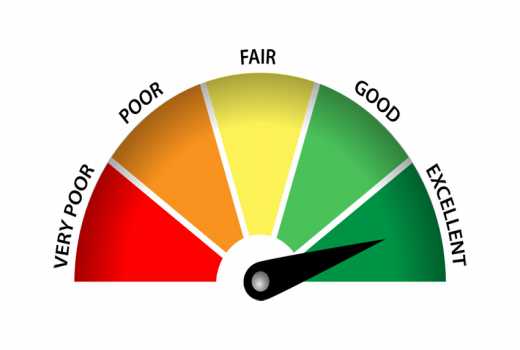×
The Standard e-Paper
Fearless, Trusted News

Commercial banks are important because they channel savings into loans that are a source of finance for the productive sector. In extending loans to their customers, banks are aware that some borrowers will not repay.
They thus put in place systems to handle credit risk - the possibility that expected cash flow from a bank’s asset is not realised.